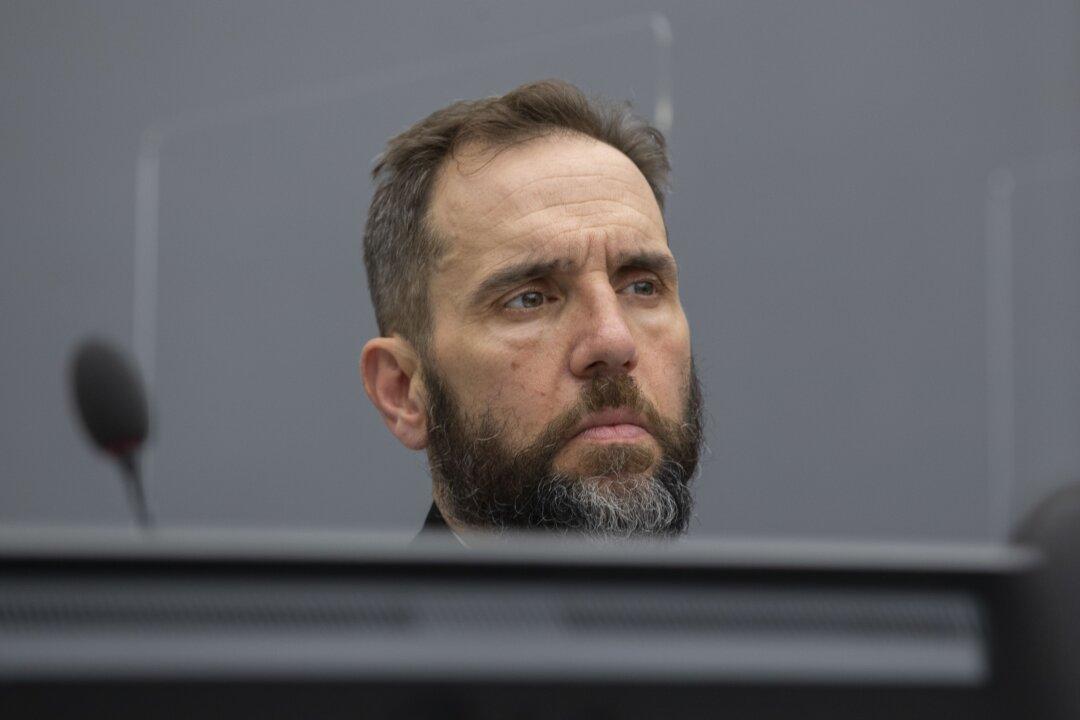The newly appointed special counsel tasked with investigating former President Donald Trump’s handling of allegedly classified documents asked a U.S. judge on Dec. 2 to halt the independent review of documents the FBI seized from former Trump’s home in Florida.
Special counsel Jack Smith told U.S. District Judge Aileen Cannon that the work of U.S. District Judge Raymond Dearie should be halted in light of an appeals court ruling on Dec. 1 that Cannon improperly appointed Dearie as special master, or independent arbiter.





